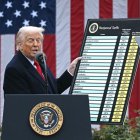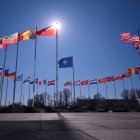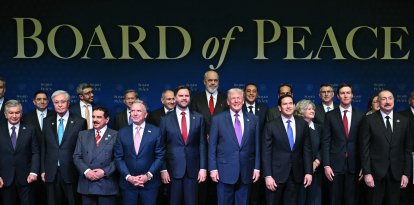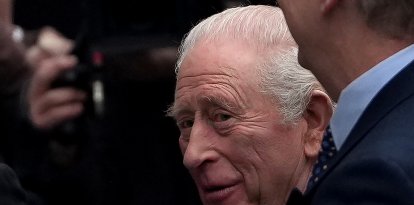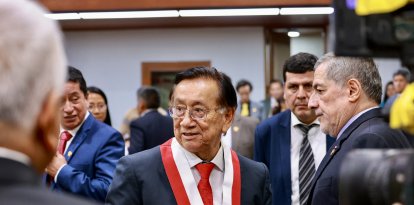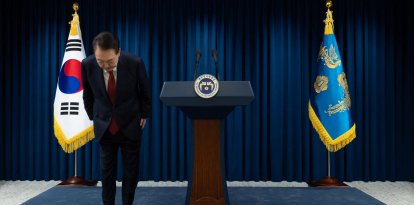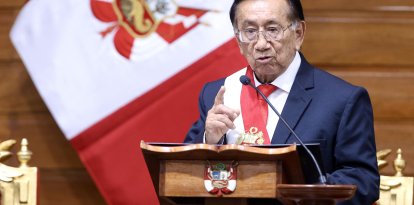Pentagon accuses China of wanting to use force to dominate Asia
Economic and geopolitical tensions between the world’s two biggest powers intensified after Donald Trump returned to the White House.
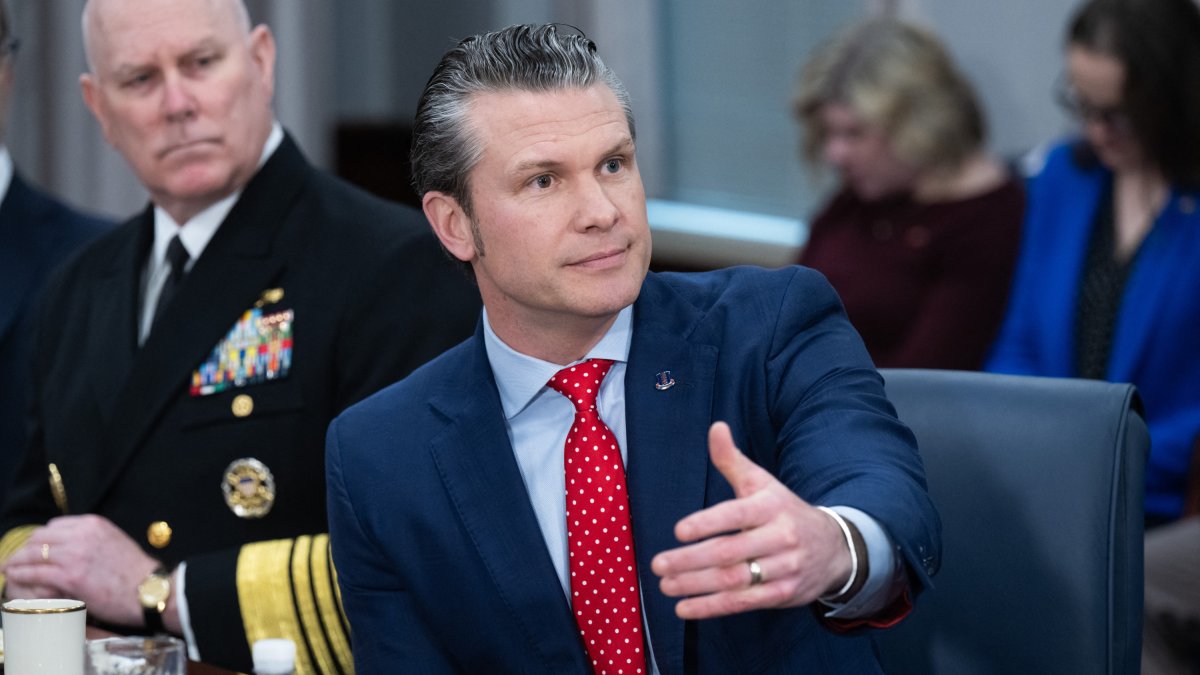
U.S. Defense Secretary Pete Hegseth.
Defense Secretary Pete Hegseth said Saturday that China is "preparing to potentially use military force" to shift the balance of power in Asia—a region it aims to "dominate and control."
"The threat China poses is real and it could be imminent," Hegseth said during a speech at the Shangri-La Dialogue in Singapore, the largest security and defense forum in Asia.
">. @SecDef “The United States is not interested in the moralistic, preachy approach of the foreign policy of the past.
— DOD Rapid Response (@DODResponse) May 31, 2025
We are not here to pressure other countries to embrace or adopt policies or ideologies.
We are not here to preach to you about climate change or cultural… pic.twitter.com/TxY1WkJosf
Tensions between Beijing and Washington
Economic and geopolitical tensions between the world’s two major powers escalated with Donald Trump’s return to the White House and the reimposition of tariffs on Chinese imports.
Although Beijing and Washington agreed to a temporary truce in their tariff war in mid-May, tensions remain—not just over trade, but also in access to advanced technology and the ongoing struggle for geopolitical influence in regions like the Asia-Pacific and Latin America.
Beijing is "credibly preparing to potentially use military force"
Hegseth assured in his speech that Beijing is "Beijing is credibly preparing to potentially use military force to alter the balance of power in the Indo Pacific."
The Secretary of Defense referenced incidents in the South China Sea, where he claimed Beijing has "illegally appropriated and militarized" islands also claimed by the Philippines, as well as the case of Taiwan—an island with its own democratic government that Beijing considers part of its territory.
Chinese forces are improving their readiness, training every day, and "preparing for the moment of truth"—a possible invasion of Taiwan, according to the U.S. official.
China "wants to dominate and control" Asia, he said.
Increased defense spending
During the forum, which brings together defense and security leaders from across Asia, Hegseth urged U.S. allies in the region to ramp up military spending.
The region is a "priority theater" for the United States, which is shifting its strategy toward deterring aggression from communist China, Hegseth said. Washington has intensified its cooperation with traditional allies such as Japan and the Philippines, and is also strengthening military ties with India, a key regional counterbalance to China.
"America is proud to be back in the Indo-Pacific and we're here to stay," he said.
But "U.S. allies will also need to rebalance their bilateral security partnerships." said the Pentagon chief, who cited Europe as an example.
Several European countries, beginning with Germany, announced plans to significantly increase military spending, aiming to raise their defense budgets to 5% of GDP in response to Trump’s threat to pull back from the continent’s defense commitments as a NATO member.
"It’s a little hard to believe… that I am saying this, but thanks to President Trump, Asian allies should look to countries in Europe as a newfound example,” he said, citing Germany’s plan to raise military spending to 5% of GDP. “Deterrence does not come cheap,” he said.





